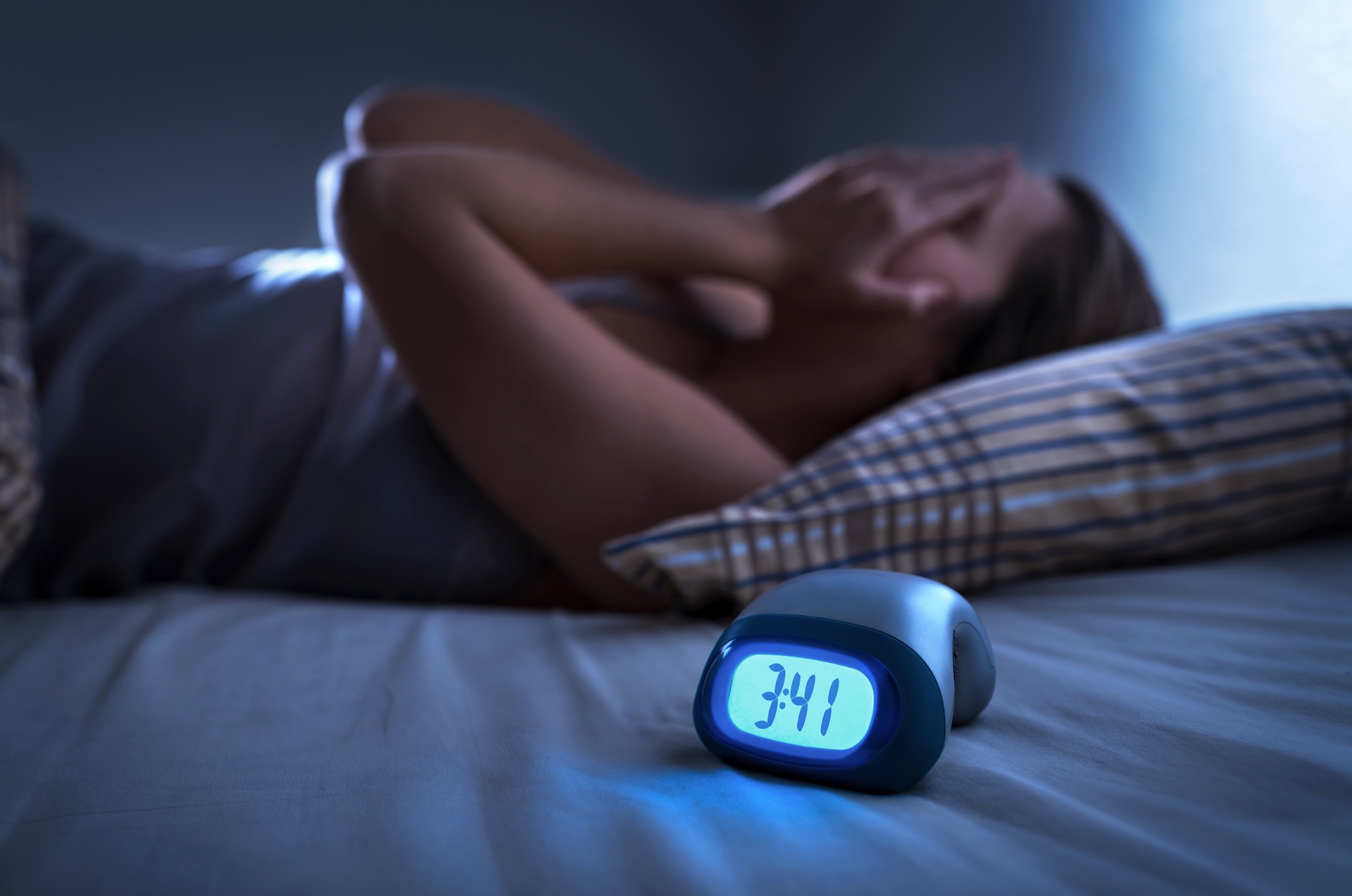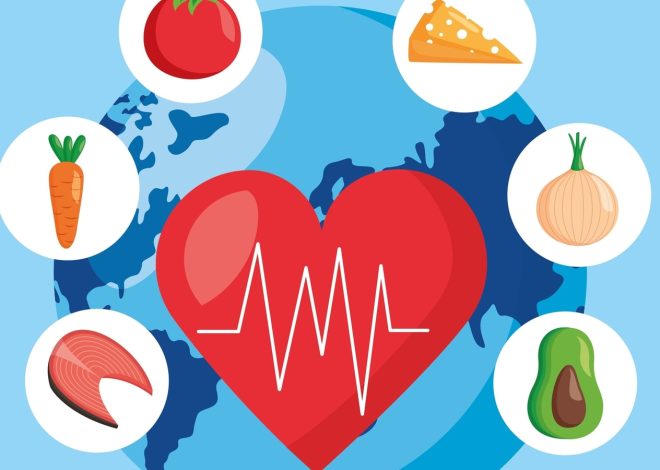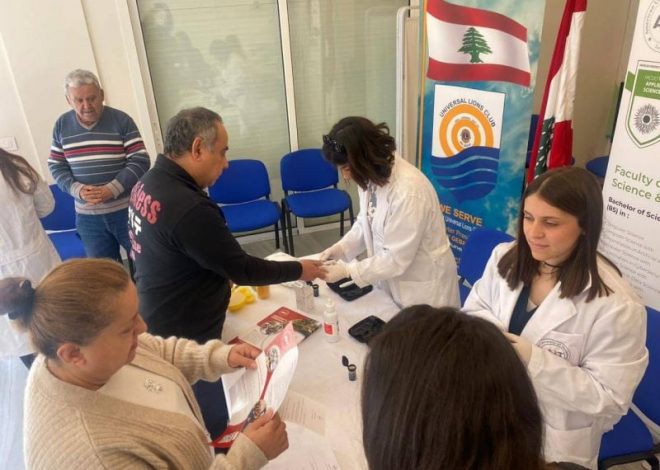
Nutrition coaching: how sleeping better helps you lose weight?
Exacerbated productivity, excessive screens, brain in constant turmoil, sedentary lifestyle… prevent us from sleeping! The French are sleeping less and less: their nights last on average less than 7 hours, with 33% even sleeping less than 6 hours. Not so bad? “We know from numerous epidemiological studies that sleeping less than 6 hours is associated with a higher risk of obesity, type 2 diabetes, hypertension, cardiac pathologies and accidents. Sleeping less than 6 hours also reduces alertness during the day, increases irritability and disrupts family relationships as well as the quality of life and work,” explains Santé Publique France.
Less sleep makes you hungry
Among the negative consequences of a sleep debt, difficulty maintaining a balanced weight.
This is what I explain to my patient Laure, a big night owl. “I rarely go to bed before 2 a.m. and I get up around 7:15,” this legal director of a start-up explains to me. “I come home late from work, it’s common for me to pick up a file after dinner and then I sink into the sofa and watch a series or scroll through Instagram,” she notes. Laure has gained 6 kg since her job change 2 years ago and is surprised: “I don’t feel like I’m eating that badly, even if, it’s true, I’m very hungry when I come home in the evening and I snack in front of my series. »
Sleep plays a crucial role in the regulation of several hormones involved in hunger and satiety, particularly ghrelin and leptin. The first stimulates the appetite, the second controls satiety and increases energy expenditure. Insufficient or poor quality sleep can stimulate the production of ghrelin: we feel more hungry. The production of leptin decreases and its action is less effective: the brain cells become less sensitive to leptin. It’s hard to feel full. No doubt, sleeping less means risking eating more.
Sleeping better allows you to eat more balanced
I suggest Laure make a food diary to better explore the quality and quantity of what she eats. She also adds her sleep time so we can observe possible correlations with food cravings.
At the second consultation, we noticed that on the nights when she slept more than 6 hours (they were rare!), Laurence snacked less. Laurence is not so surprised: “when I feel tired during the day, my first instinct is to go eat something. » She adds “on vacation, I sleep more and I regulate myself better. While my friends come back with 2 kg in addition to skiing or summer vacation, I remain stable, even losing weight.
Sleeping better helps you lose weight simply because our body does not require more energy to keep going!
A study conducted by the University of California, Berkeley showed that lack of sleep increased brain activity in areas associated with food rewards, which can lead to less healthy food choices. Confirmed with another study from Columbia University: participants who got enough sleep were less likely to consume foods high in calories and fat during the day. For what ? Because sufficient sleep ensures the optimal functioning of the regions of the brain involved in decision-making and impulse control: we are more capable of making informed choices about our diet.
To finish with this review of the scientific literature, and to motivate my patient to bring forward her bedtime, I cite this recent study published in Jama International Medicine among 80 overweight adults sleeping less than 6.5 hours per day: 40 of of them were supported to help them increase their sleep time, 40 continued to follow their habits. Result, after 2 weeks, the first group had lost 500g, and “naturally” consumed 270 calories less than the group which had retained 6.5 hours of sleep.
What to do to sleep better?
Laure is motivated and I advise her to seek help from a somnologist to find the most suitable solutions for her. In the meantime, I still give him some advice, particularly on food.
To sleep better, it is important to consume enough foods rich in tryptophan, an essential amino acid (amino acids are like “bricks” that make it possible to make proteins. As I explain in the chapter “Becoming a fan of tryptophan” from my book “The gentle method for eating better” (Editions Leduc), tryptophan is the precursor of serotonin, the well-being hormone, which is itself necessary for the production of melatonin, sleep-regulating hormone. A cascade reaction therefore. Where to find tryptophan? In foods rich in protein (meat, fish, eggs, soya, pulses, oilseeds, etc.). It can be useful to combine them with foods carbohydrates, such as whole grains, fruits or vegetables to stimulate the production of insulin, which acts in synergy with tryptophan to produce serotonin. A lentil dhal or fish in foil with a little rice and vegetables , it’s perfect ! I invite Laure to think about bananas at 5 p.m., rich in carbohydrates and tryptophan.
For the rest, my patient will try to add a little physical activity. This tires the body, which helps you fall asleep, and it is obviously best to support weight loss, to reduce your exposure to screens in the evening, to create a little ritual for falling asleep and to move forward very quickly. gradually its bedtime.
After a few weeks, and also with a little dietary rebalancing, she managed to sleep almost 7 hours a night at least 3 times a week and she lost weight!
“The gentle method for eating better”, Sophie Janvier (ed. Leduc)

Ethel Purdy – Medical Blogger & Pharmacist
Bridging the world of wellness and science, Ethel Purdy is a professional voice in healthcare with a passion for sharing knowledge. At 36, she stands at the confluence of medical expertise and the written word, holding a pharmacy degree acquired under the rigorous education systems of Germany and Estonia.
Her pursuit of medicine was fueled by a desire to understand the intricacies of human health and to contribute to the community’s understanding of it. Transitioning seamlessly into the realm of blogging, Ethel has found a platform to demystify complex medical concepts for the everyday reader.
Ethel’s commitment to the world of medicine extends beyond her professional life into a personal commitment to health and wellness. Her hobbies reflect this dedication, often involving research on the latest medical advances, participating in wellness communities, and exploring the vast and varied dimensions of health.
Join Ethel as she distills her pharmaceutical knowledge into accessible wisdom, fostering an environment where science meets lifestyle and everyone is invited to learn. Whether you’re looking for insights into the latest health trends or trustworthy medical advice, Ethel’s blog is your gateway to the nexus of healthcare and daily living.


